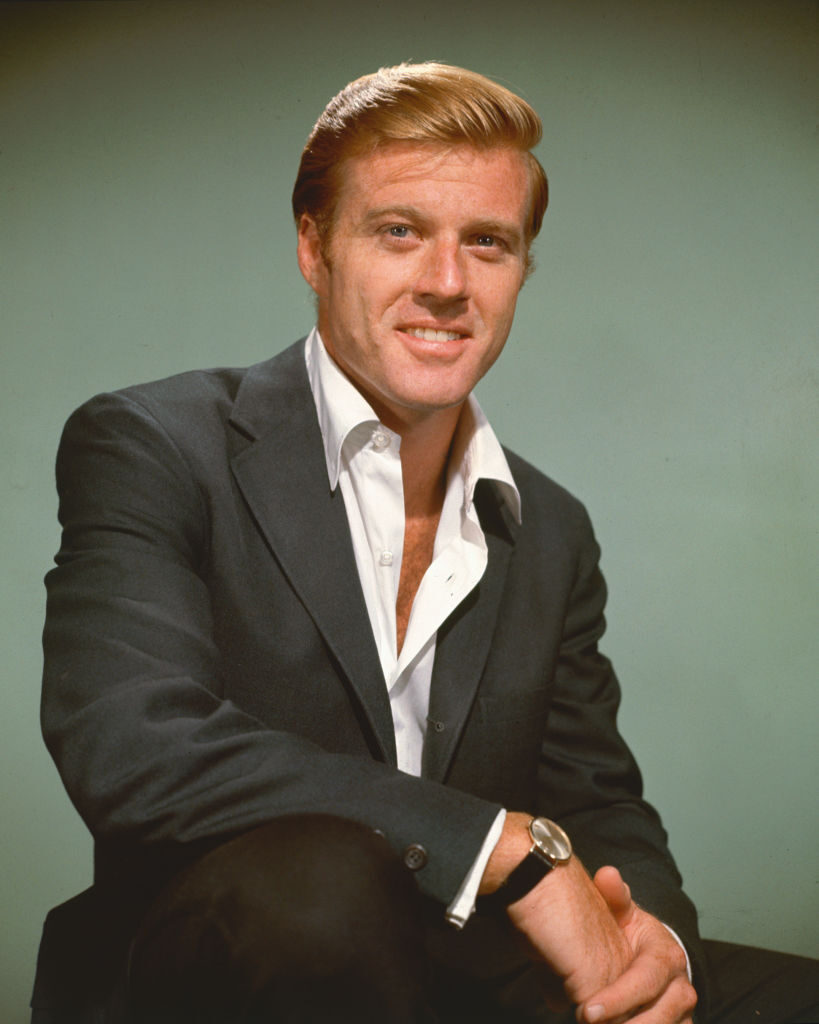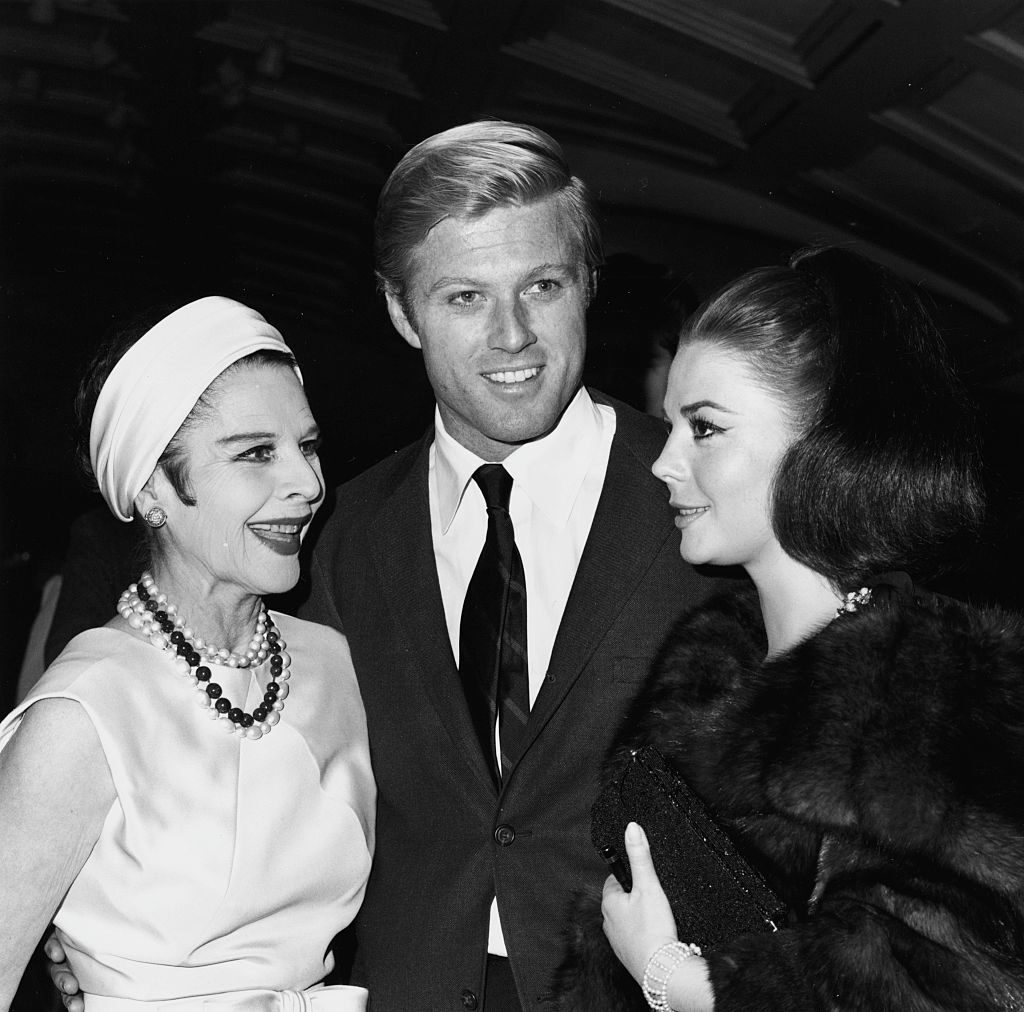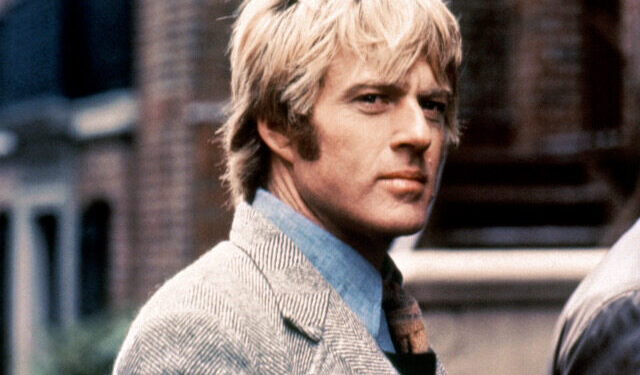Robert Redford, one of Hollywood’s most recognizable names and a man who shaped the American film industry for decades, has died at the age of 89. His career spanned more than half a century, but his influence stretched well beyond the screen, touching politics, culture, and even the way Americans think about the environment.
Redford was known for an impressive list of films that cemented him as both a leading man and a cultural fixture: Butch Cassidy and the Sundance Kid, The Way We Were, and The Sting. His on-screen roles often celebrated rugged individualism, the kind of storytelling that resonated deeply with audiences in an era when Hollywood still honored characters defined by grit, personal responsibility, and an unmistakable sense of American determination.
Yet Redford’s legacy was not only about acting. He co-founded the Sundance Film Festival, now the largest independent film festival in the United States. What began as a small gathering to highlight fresh talent grew into a cultural powerhouse that launched the careers of countless filmmakers. In many ways, Sundance became a symbol of Redford’s belief in creating space for new voices outside the bureaucracy and control of major studios—a rare act of independence in an industry that increasingly rewards conformity.

His passing was confirmed by his longtime publicist, Cindi Berger, who said he died Tuesday at his home “at Sundance in the mountains of Utah – the place he loved, surrounded by those he loved.” Berger added, “He will be missed greatly,” and noted that his family is requesting privacy.
Redford leaves behind his wife, Sibylle Szaggars, whom he married in 2009. He was previously married to Lola Van Wagenen, with whom he had four children before divorcing in 1985. Tragedy struck his family more than once: their infant son Scott died at just two months old from sudden infant death syndrome, and James, another son, passed away from cancer in 2020. Redford is survived by his two daughters, Shauna, an artist, and Amy, a director.

While his later years were defined by outspoken environmental activism, which often aligned with big-government solutions, Redford’s earlier roles and entrepreneurial spirit embodied something Americans of all stripes could admire: a commitment to freedom, creative risk-taking, and leaving a mark by building something enduring. His decision to root himself in Utah, away from the spotlight of Hollywood, reflected a desire for independence and a connection to the natural world that Americans across generations have valued.
As Hollywood continues to drift toward increasingly ideological storytelling, the passing of Robert Redford marks more than the loss of an actor. It represents the fading of an era when stars could command the screen with timeless stories of courage and conviction, and when cultural institutions like Sundance began as a push against centralized control rather than an echo chamber for elite opinion. In death, as in life, Redford remains a reminder of the enduring American spirit—complex, contradictory at times, but impossible to ignore.




















